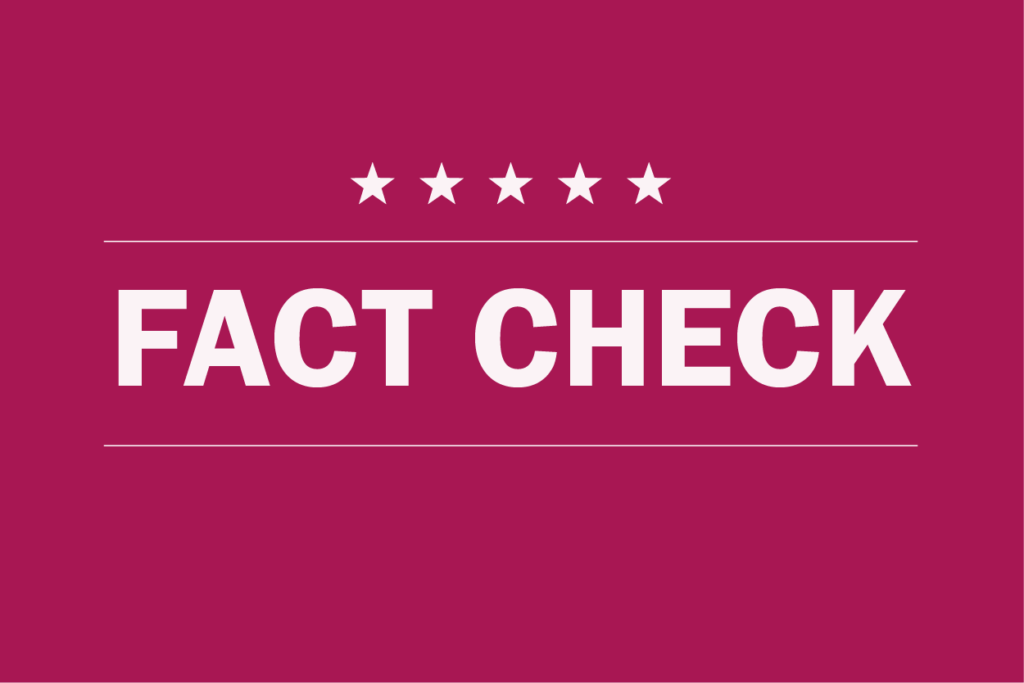Candidates running for the Student Association’s top posts often pack their platforms with promises, but some goals are not backed with sound research.
The Hatchet sifted through each candidate’s initiatives and pulled out points where the SA hopefuls misstated the facts. Here are some of the findings:
Platform point
SA Sen. ShanTorrian Underwood, CCAS-U and a candidate for SA president, said she would advocate lowering the commission GW takes from all GWorld swipes at food vendors. She said the University currently takes a 6 percent cut of all GWorld sales, a figure that used to be listed on a GW website listing information about GWorld card reader rentals.
Fact check
The University does not publicly state what percent of sales is taken from each GWorld transaction, but vendors told The Hatchet in 2017 that the figure hangs between 8 and 10 percent. University spokeswoman Maralee Csellar said the 6 percent number referenced the portion of total sales taken from a student organization that used a GWorld card reader at an event. She said food vendors are “generally charged a transaction fee as well as a percentage fee based on the value of the purchase.”
Platform point
Nicole Cennamo, the SA’s vice president for academic affairs and a candidate for president, said if elected, she would mandate that professors include a protocol for an active shooter situation in their course syllabi.
Fact check
The University currently requires faculty to reference GW’s safety and security policy in their course syllabi, which states that the class should take shelter in the case of an emergency. If there is immediate danger in the building where students are located, the class is expected to follow the building’s evacuation procedures, according to the statement.
Platform point
Residence Hall Association President SJ Matthews, a candidate for SA president, said she would form a food insecurity committee with students, administrators and dining partners to “identify the causes of food insecurity” and develop strategies to combat the issue.
Fact check
SA leaders formed a food insecurity task force with officials, faculty and staff last semester aiming to evaluate the prevalence of food insecurity on campus and draft recommendations on how to curb the issue.
Platform point
SA Sen. Amy Martin, ESIA-U, a candidate for executive vice president, said in an interview that she wants to clarify and publicize the most recent Title IX policies, which she said have been “in a state of flux” for the past two years. The University overhauled its Title IX investigation process last spring, but the Department of Education proposed new Title IX guidelines last year that could nix the new investigator model.
Fact check
The most up-to-date Title IX policies and procedures are publicly available on GW’s Haven website. Officials have said the current investigator model will remain in effect while administrators monitor the proposed federal guidelines.
Platform point
Quentin McHoes, a candidate for executive vice president, is advocating to grant all students tap access to all residence halls. He said granting tap access would not pose a safety threat because student access monitors are based in the lobby of every residence hall.
Fact check
The University does not mandate that halls are staffed with security 24/7. At least two residence halls have lacked tap access monitors more than 95 percent of the time this past academic year, according to an analysis by The Hatchet. Officials said the number of tap access monitors depends on traffic and the amount of crime in residence hall entrances.





